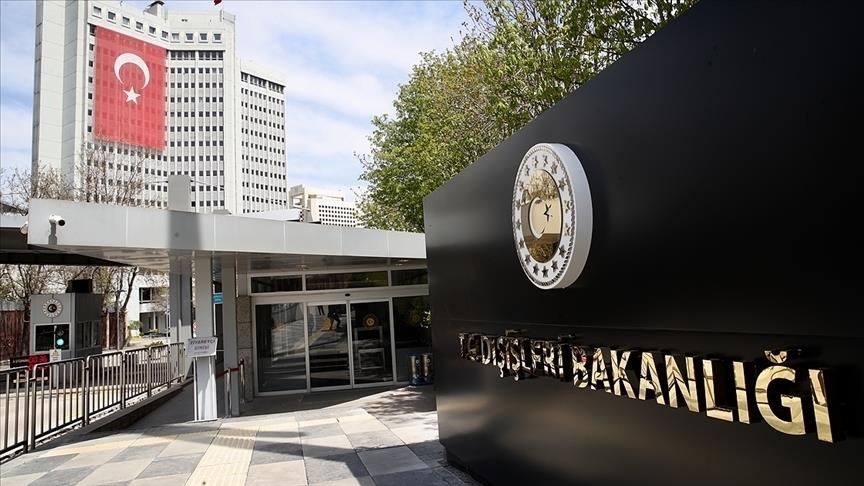The ambassadors of the US, Germany, Denmark, Finland, France, the Netherlands, Sweden, Canada, Norway and New Zealand in Ankara were summoned to the Turkish Foreign Ministry.
Earlier, the embassies shared a statement on social media calling for Kavala’s release, claiming the ongoing case has cast a shadow over democracy and the rule of law in Turkey.
Turkey’s parliament speaker Mustafa Sentop and Omer Celik, the spokesman for Turkey’s Justice and Development (AK) Party, criticized the statement.
Sentop stated that this is stepping out of bounds.
“Statements by diplomats, who work in our country, to influence the Turkish judiciary are unacceptable,” Celik said, adding that Turkey is a sovereign state of law and the Turkish judiciary is independent.
Justice Minister Abdulhamit Gul also said that diplomats are duty bound to have respect for the judiciary of the country they are serving in.
“According to our Constitution, no ambassador can give advice to our courts or tell them to do anything. What casts a shadow on the rule of law is this presumption,” Gul added.
Interior Minister Suleyman Soylu highlighted that Turkey is a democratic country based on the rule of law, adding it is unacceptable that ambassadors tell the Turkish judiciary what to do.
Kavala was first arrested over criminal charges related to the 2013 Gezi protests, a small number of demonstrations in Istanbul that later transformed into nationwide protests which left eight protesters and a police officer dead.
The businessman was later remanded into custody by an Istanbul court as part of a probe into the 2016 defeated coup in Turkey, with prosecutors accusing him of spying.
The Fetullah Terrorist Organization (FETO) and its US-based leader Fetullah Gulen orchestrated the defeated coup of July 15, 2016 which left 251 people dead and nearly 2,200 wounded.
Turkey also accuses FETO of a long-running campaign to overthrow the state through the infiltration of Turkish institutions, particularly the military, police and judiciary.
